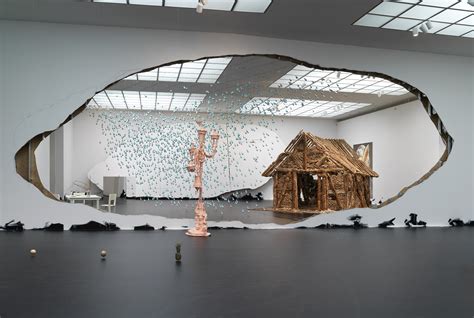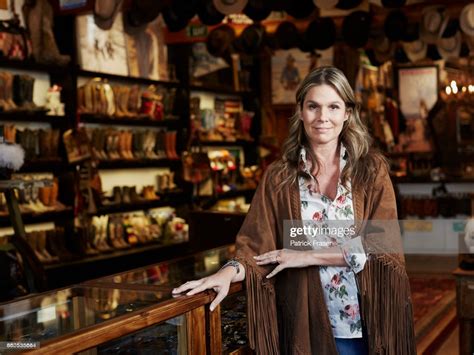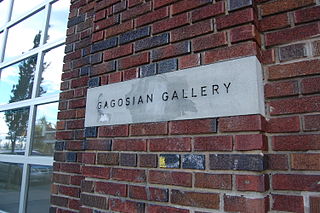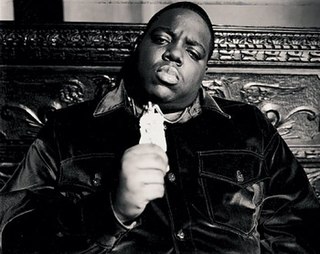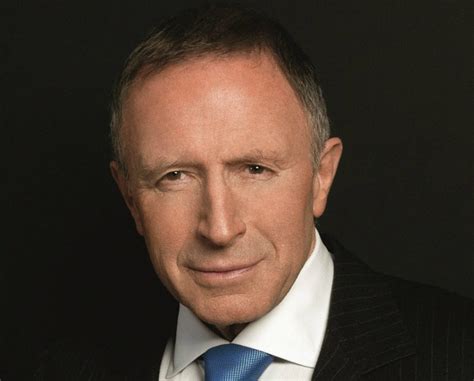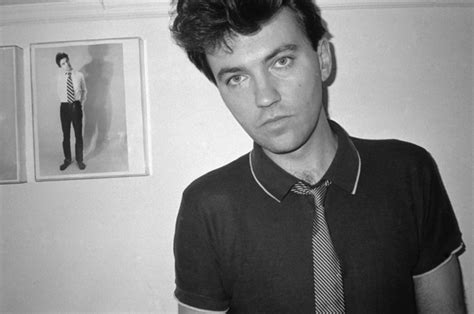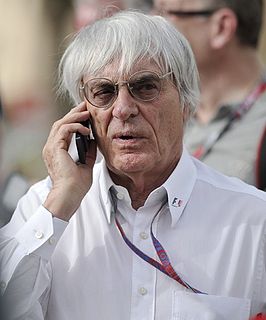A Quote by Urs Fischer
Did you find any artists complaining who don't already complain all day long about everything? No. But have you ever met a dealer who thought it was okay? Well, you maybe. It's still the art world. It's meant to be extreme. It's supposed to stand for liberty or whatever but really it's an extremely conservative environment. Why does everyone wear jeans? Because it's practical. To say something is taboo-breaking is to assume you have a clear image of the quality of a dealer. But there are certain dealers who always work this way.
Quote Topics
About
All Day
Always
Any
Art
Art World
Artists
Assume
Because
Breaking
Certain
Clear
Complain
Complaining
Conservative
Day
Dealer
Dealers
Did
Does
Environment
Ever
Everyone
Everything
Extreme
Extremely
Find
His Way
Image
Jeans
Liberty
Long
Maybe
Meant
Meant To Be
Met
Okay
Practical
Quality
Really
Say
Something
Stand
Still
Supposed
Taboo
Thought
Way
Wear
Well
Whatever
Why
Work
World
Related Quotes
I've been covering the art industry for nine years, and I still don't feel like I have a clear grasp on what an art consultant does. What's the difference between a dealer and an art consultant? Who are they? What's their day to day like? So I asked a few private dealers, consultants and curators to talk about what they do. Everyone told me a different story.
As nice as some of the booths are, it's not the same thing. It's a pity for young artists, because one of the things that a younger artist can look forward to is an emerging dealer who has a space that they can take over and build whatever will suit whatever aesthetic they find themselves in. In an art fair, you turn yourself into an object.
People say 'I love Artists', but what they really know about Artists? They've ever thought about sharing the real madness with us? I believe those extreme passions/emotions in me separated from the real world is the sauce to pull out the inspirations out of me that touch the core of people's hearts, which is usually wandering about deep inside of you unconsciously covered with the social taboo called 'common sense'.
Years later, I figured out why he (Ivan Karp) was such a successful art dealer-this may sound strange, but I believe it was because art was his second love. He seemed to love literature more, and he put the serious side of his nature into that...Some people are even better at their second love than their first, maybe because when they care too much, it freezes them, but knowing there's something they'd rather be doing gives them a certain freedom.
I wish there were fewer art dealers. I wish there were fewer auctions. I wish there were just two auctions a year. It's just too much. And at the end of the day, if you're a dealer and a professional, fine, that's your business, that's all you do. But as an individual, if you're not a dealer and it's not your business, you need time for these things. You need time to study what's happening. You need time to understand the market. You need time to go to a museum. You need time to see a show. You can't go to one every day. It's becoming a trend.
I think what happened in the last 10 or 15 years in the art market is that all the players - and that includes artists, dealers, art advisors, everyone - basically became dealers. We've had old-school collectors morph into speculators, flipping works. We've seen auction houses buying works directly from artists or from sleazy middlemen. The last step before the crash was the artists themselves supplying the auction houses. Dealing themselves, you know? The art world is as unregulated as any financial market there is.
